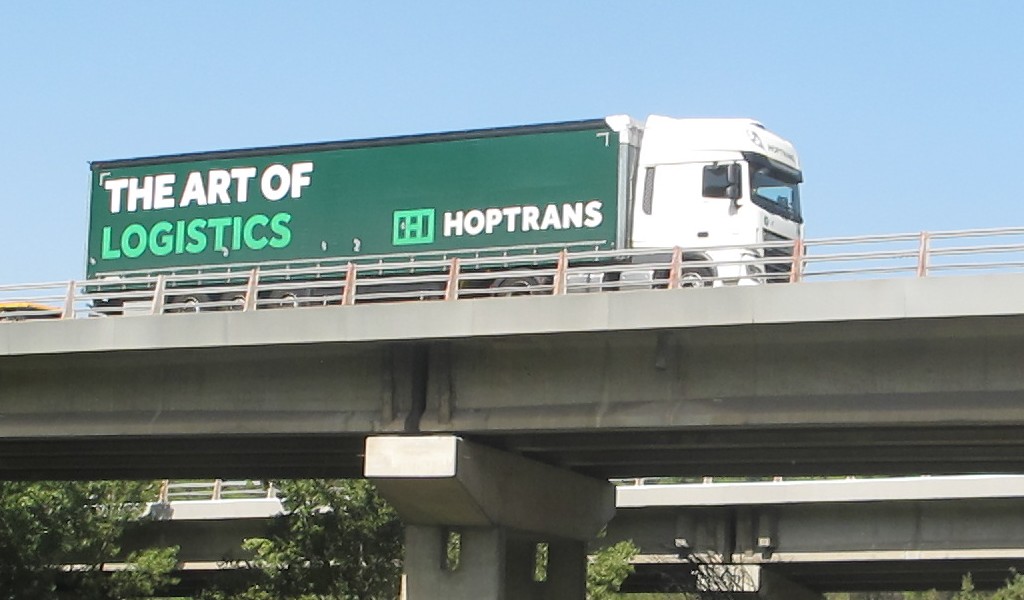Lithuania’s national association of carriers has urged the country’s President to veto a bill voted through Parliament that makes it illegal to pay staff in cash.
On Tuesday, the bill sailed through the Parliament with a thumping majority; 82 MPs voted in favour, with only 6 against. A further 24 abstained. That means that if Lithuania’s President signs the bill, cash payments will be outlawed. The law applies to all market sectors with the exception of offshore workers who work under the Merchant Shipping Act.
The change in the law is expected to apply as of January 1st, 2022.
Artūras Telmentas, a representative of Linava, Lithuania’s national association of carriers, argues that many drivers prefer to receive wages and daily allowances in cash, and that it makes life easier as they don’t have to drive around looking for an ATM. Telmentas also claims that although the industry is in favour of change, it must be “implemented gradually, in preparation and in consultation with business, in search of compromises, not in a hurry.”
Moreover, in a statement, Linava argues that drivers should be able to receive salaries in cash if they prefer, and states that IT and banking systems in the country are not ready for such a change.
Backers of the bill nonetheless point to a survey of lorry drivers that showed 90% of respondents want salaries to be transferred to their accounts.
The change in the law also follows a shocking documentary that presented evidence and testimonies detailing the maltreatment of 3rd-country nationals working for major Lithuanian hauliers. Among the many eye-opening allegations were that Lithuanian road transport firms have been paying staff in cash in order to evade tax and get away with paying drivers less than they were entitled to.
All of the hauliers covered in the documentary denied every allegation that was made, but the film still caused a stir in the country and has seemingly motivated parliamentarians to introduce changes to the law.
Fr.Latreille, CC BY-SA 4.0, via Wikimedia Commons









